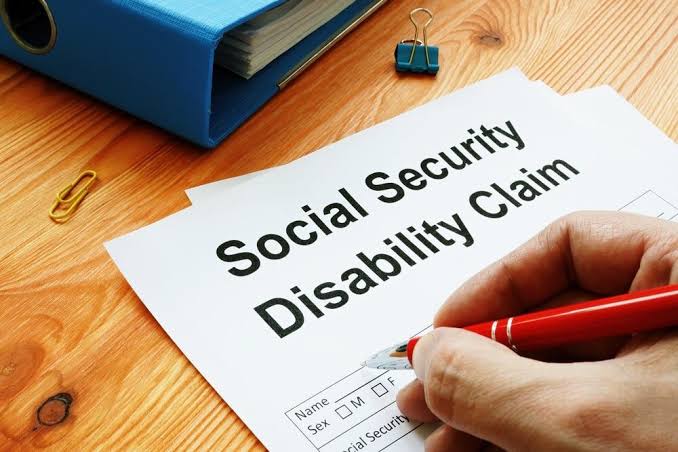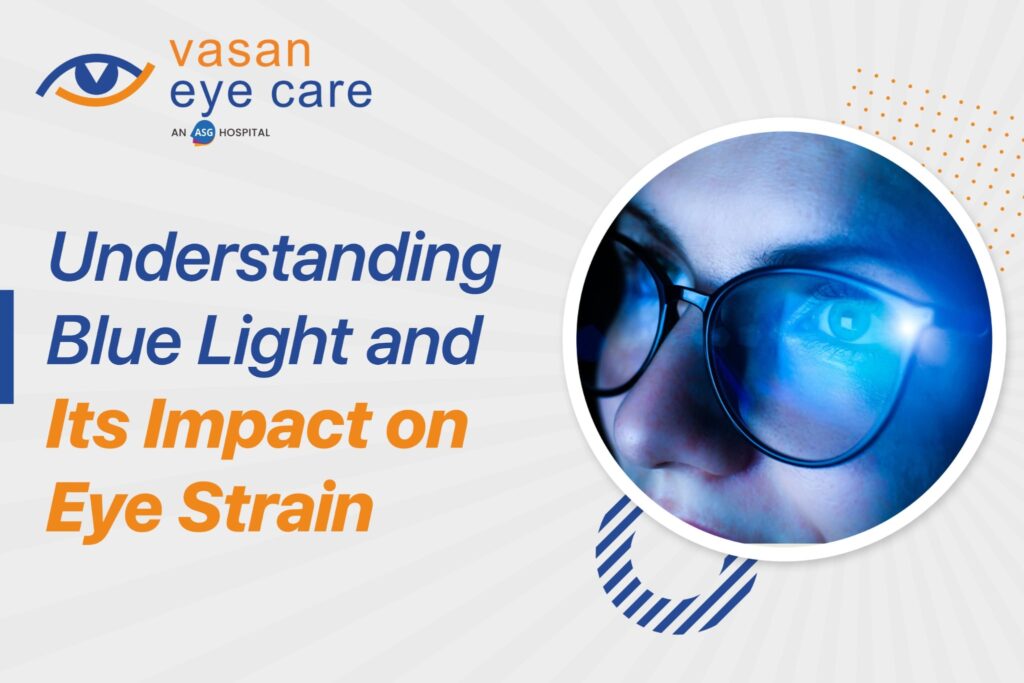Are you facing a disability, impairment, or health condition that’s making it difficult for you to work? If you’re reading this blog, you’re likely considering applying for Social Security disability benefits. We understand that this can be a confusing process, and you might be wondering which conditions make you eligible for this benefit.
That question has no definite answer. Obtaining disability benefits can be challenging; some disabilities immediately qualify you, while others fall under a more gray area. In those cases, proving that your health condition prevents you from performing your job and functioning in society becomes more difficult.
The Social Security Administration (SSA) has a book – called the Blue Book – which lists the numerous conditions eligible for disability benefits. In this article, we’ll explore the main SSA disability categories, the most common qualifying conditions, and some conditions you might not know were eligible for financial assistance.
Understanding Disability Benefits: 2 Main Social Security Programs
Depending on your disability or illness, you might be unable to work for months or even years. If you can’t work, how will you pay your bills, buy food, and pay medical bills? People who have purchased private disability insurance independently or through their employer can access private financial aid. But what happens if you don’t have private insurance?
The SSA has different programs to help individuals with health conditions that prevent them from earning a living. These programs cover disabilities, physical and mental health conditions, some impairments, and severe injuries.
SSA’s main disability programs are:
- Social Security Disability Insurance (SSDI)
- Supplemental Security Income (SSI).
SSDI and SSI support individuals who can’t work due to impairment by offering monthly payments and medical coverage. Both programs also allow beneficiaries to enroll in optional work programs that provide career counseling, resume development, and job seeking and training. This is highly beneficial for people who can return to work and regain financial independence.
What are Disability Benefits Basic Requirements?
To access SSA disability programs, you must first apply by filing a disability claim. You can do it from one of your closest SAA physical offices or online from the comfort of your home.
The process is the same through both mediums; you must fill out a form with questions about your condition. You must also provide information about your disability and medical proof to support your claim, the severity of the impairment, and how it’s preventing you from working.
The application process is lengthy and complex; just missing a question is enough to disqualify you. That’s why we always recommend claimants to work with an experienced disability attorney in Indianapolis.
What are the basic requirements to qualify for Social Security disability benefits? Regardless of which program you are applying for, you must:
- Have a disability.
- The disability will prevent you from working for one year or longer.
It’s imperative that you have a long-term disability expected to last at least 12 months. Talk about that with your doctor, and make sure to gather sufficient evidence and medical opinion to prove this point.
On top of those two core requirements, each Social Security disability program has its own eligibility criteria.
Social Security Disability Insurance —This program assists disabled individuals and certain members of their families. It’s granted to people who have worked long enough (this point depends on your age) and paid Social Security taxes through their earnings. SSDI eligibility criteria include:
- You must have worked enough time in employment covered by Social Security.
- You have collected enough work credits through your taxes.
Supplemental Security Income —The SSA developed this program to support individuals with low incomes who don’t have enough work credits to qualify for SSDI. However, people who cash SSDI checks but have very low resources might also be eligible for this benefit as well. SSI eligibility requirements include:
- You have little or no income.
- You have little or no resources (things you own, like cash, bank account money, stocks, several properties or land, more than one vehicle, etc).
Social Security Qualifying Conditions for Disability Insurance
The SSA groups qualifying conditions into several categories, including:
- Blindness: Partial or complete vision loss.
- Cancer: Including most types of cancers.
- Cardiovascular Issues: Including heart disease, arrhythmia, chronic heart failure, and aneurysms, among other conditions.
- Respiratory disorders: Disorders such as asthma or Chronic obstructive pulmonary disease (COPD).
- Musculoskeletal System Disorders: Conditions such as arthritis, complex fractures, back injury, and chronic pain, among others.
- Mental Health Disorders: Any mental disorder that significantly limits a person’s ability to perform their job, like an anxiety disorder, depression, bipolar syndrome, and schizophrenia.
- Neurological Disorders: Disorders that impact a person’s coordination, mobility, and cognitive function, including Parkinson’s disease, multiple sclerosis, and traumatic brain injuries, among others.
- Immune System Disorders: This category includes diseases such as HIV, AIDS, lupus, and other conditions that weaken and compromise the immune system.
- Special Senses and Speech: This category groups loss of speech, hearing, and other disorders of the senses.
- Digestive System Issues: Including short bowel syndrome, inflammatory bowel disease (IBD), liver dysfunction, and gastrointestinal hemorrhage, among other conditions.
If you have any of the conditions mentioned on the list or another that falls under any of these 10 categories, you can apply for Social Security disability benefits.
The full SSA’s disabilities list is long and includes a vast number of health conditions and impairments. If you are unsure if you qualify for disability benefits, you can talk with a disability lawyer. Most attorneys offer a free consultation where you can discuss your disability and chances of winning your case.
Final Thoughts
The Social Security Administration issues different programs to financially assist individuals with disabilities who can no longer perform their jobs or engage in a new substantial gainful activity. To access these benefits, you must have a disability, impairment, or health condition and be able to support it with medical evidence.
If your impairment is preventing you from earning a living, SSDI or SSI can help you navigate these difficult times and lead a more fulfilling life.






